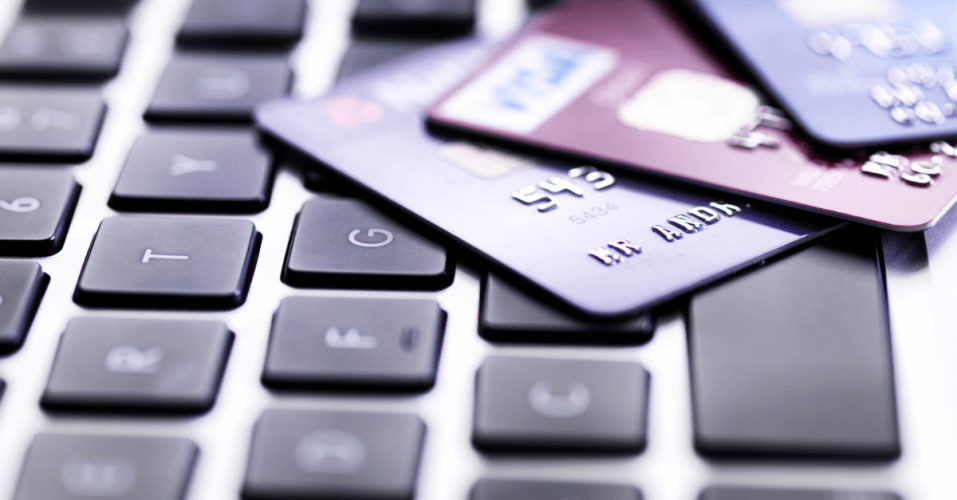If there are things about credit you don’t understand, you’re not alone. Here are your top 10 questions about credit answered:
- How Do I Build Credit if I Don’t Have a Credit History?
The easiest way to get credit when you have no credit history is with a secured credit card. You’ll deposit a small amount of money such as $300 to $500, and the amount of your deposit is your credit line. As you start to build some credit history, you may be able to get a store card or other unsecured credit card.
- What Factors Affect My Credit Score?
Your credit score is determined based on a combination of factors. These factors include your payment history, how long your accounts have been open, your credit mix, credit utilization, and the number of recent inquiries.
- How Can I See What’s on My Credit Report?
Consumers are entitled to a free credit report every year. Go to AnnualCreditReport.com to obtain yours.
- What’s a Good Credit Score?
What’s considered a good credit score can vary from one lender to another. It also depends on which scoring model is being used. A good credit score is usually considered between 670 and 739, while 740 to 799 is considered very good. Scores of 800 and up are considered excellent.
- How Many Credit Cards Should I Have?
The number of credit cards you have isn’t as important as how you manage them. Pay bills on time and keep your credit utilization low.
- What Happens to My Credit if I Cosign a Loan?
If you cosign a loan as a favor to someone else, it’s important to keep in mind that it’s going to affect your credit. Even if you’re not actually using any of the loaned money, it’s going to appear on your credit report and affect your total outstanding debt.
- What’s the Best Way to Pay Back My Debt?
Either focus on paying off the smallest balance first, or the credit card or loan that’s charging the highest interest rate.
- How Can I Bring up My Credit Score?
If you aren’t already in the habit of always paying your bills on time, it’s important to start doing so. Catch up on any past due balances and pay down your debt as much as you can to lower your credit utilization. Check your credit report to make sure the information that’s on it is accurate.
- How Long Does Negative Information Stay on My Credit Report?
Credit missteps such as accounts past due 30 days or more and accounts that end up in collections remain on your credit report for seven years. Bankruptcy remains on your credit report for ten years
- How Do I Get an Error Removed from My Credit Report?
You can file a dispute with the credit bureau if you find any errors on any of your credit reports. An easier option is to let Dovly’s AI credit engine track, manage and fix your credit. Try it risk-free with our free membership tier.



